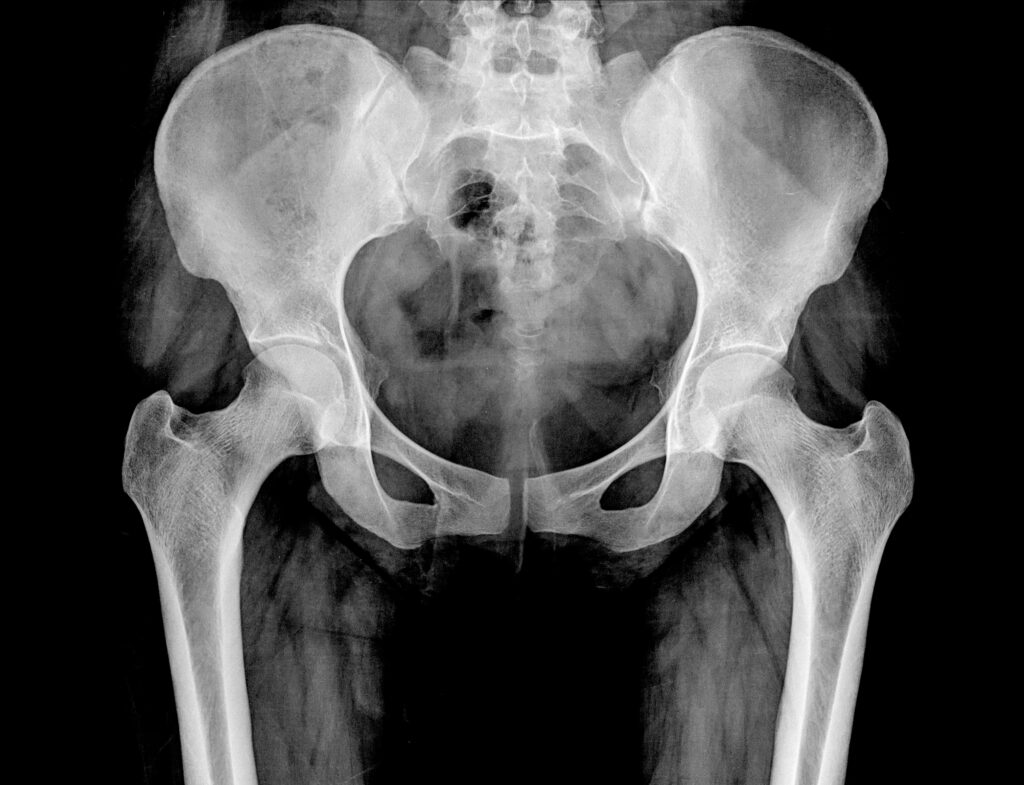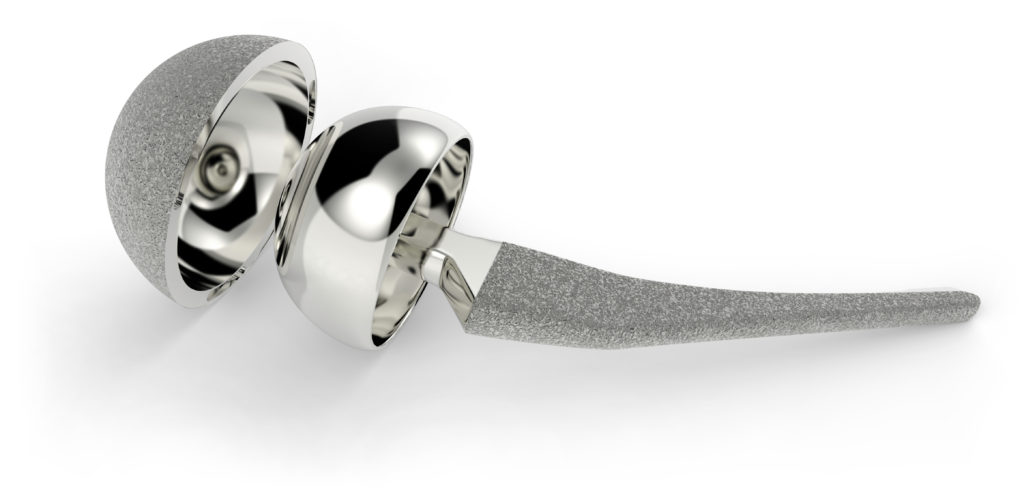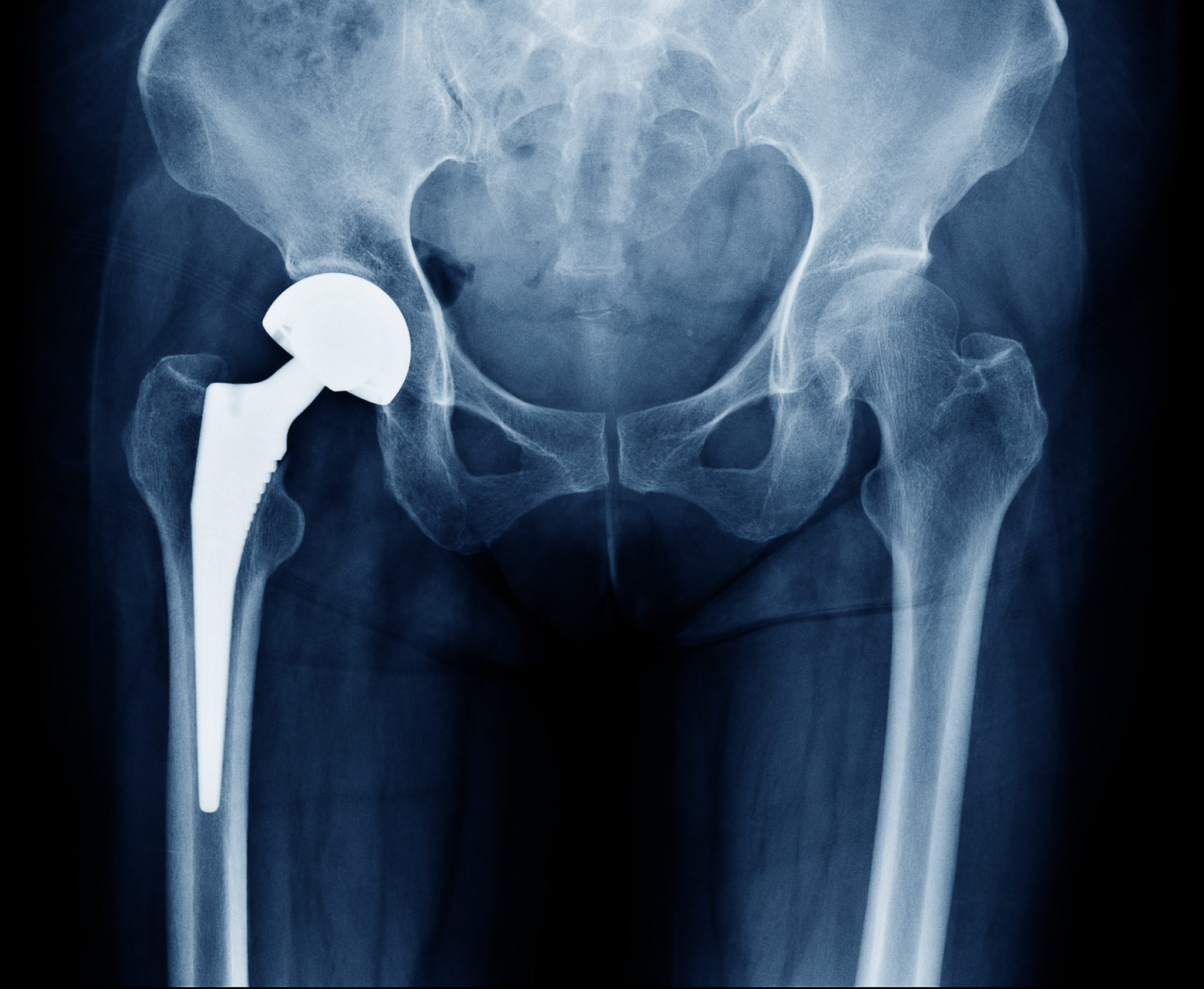
Orthopedic Hip Surgery
Non-Operative Hip Treatment Options
Medications
- There is a wide array of medications that are available to aid in pain management as a non-surgical treatment.
- There are several medications prescribed to help in recovery postoperatively.
- Medications will be discussed during office visits to find the best fit for your needs.
Injections
- There are several different kinds of injections that help reduce pain in the hip.
- Their functions range from anti-inflammatory to providing a smoother surface for the joint to move along.
- Injection options can be discussed during office visits to decide the right one for your hip.
Physical Therapy
- Range of motion and muscle-strengthening exercises
- Stabilization and enhanced hip mobility
- Pain reduction through improved mobility
- Integral part of post-total hip replacement surgery
- Crucial for a successful outcome after hip replacement

Operative Hip Treatment Options

Total Hip Replacement
Why Consider Hip Replacement Surgery?
- If medications and lifestyle changes don’t help, consider hip replacement.
- Safe and effective procedure to relieve pain and restore mobility.
The Procedure
- Surgeon accesses the hip joint, removes damaged cartilage.
- New metal socket and plastic liner for smooth movement.
- Damaged femoral head removed, stem inserted, and a ball is placed on the top of the stem to recreate the former femoral head.
- Joint relocated, incision closed.
- Can be performed as an outpatient surgery so you can go home the same day and sleep in your own bed
Two Approaches: Anterior vs. Posterior
- Traditional: Posterior approach, involves cutting through muscles.
- Modern: Anterior approach, muscles are moved aside and the recovery is faster.
- Anterior approach advantages are: smaller incision, fewer restrictions during recovery, and quicker implant stability.
Revision of A Total Hip Replacement
- Total hip replacement can be subject to various forms of mechanical or biological failure.
- Failure may require a re-operation surgery to address the issue, known as a “revision.”
- More extensive pre-operative investigations compared to primary surgery.
- Tests like special x-rays, CT scans, bone scans, or MRI may be needed to assess the implant and bone condition.
- Blood work or joint fluid sampling might be necessary if infection is suspected.
Common Reasons for Revision
- Repetitive hip replacement dislocation
- Mechanical wear, implant loosening, or breakage
- Infection
The Revision Surgery Process
- Old implants removed, joint cleaned.
- Bone graft if necessary to replace lost bone.
- New implants sized, fitted, and secured.
- Wound closure.
- Longer surgery, typically lasting a few hours.


